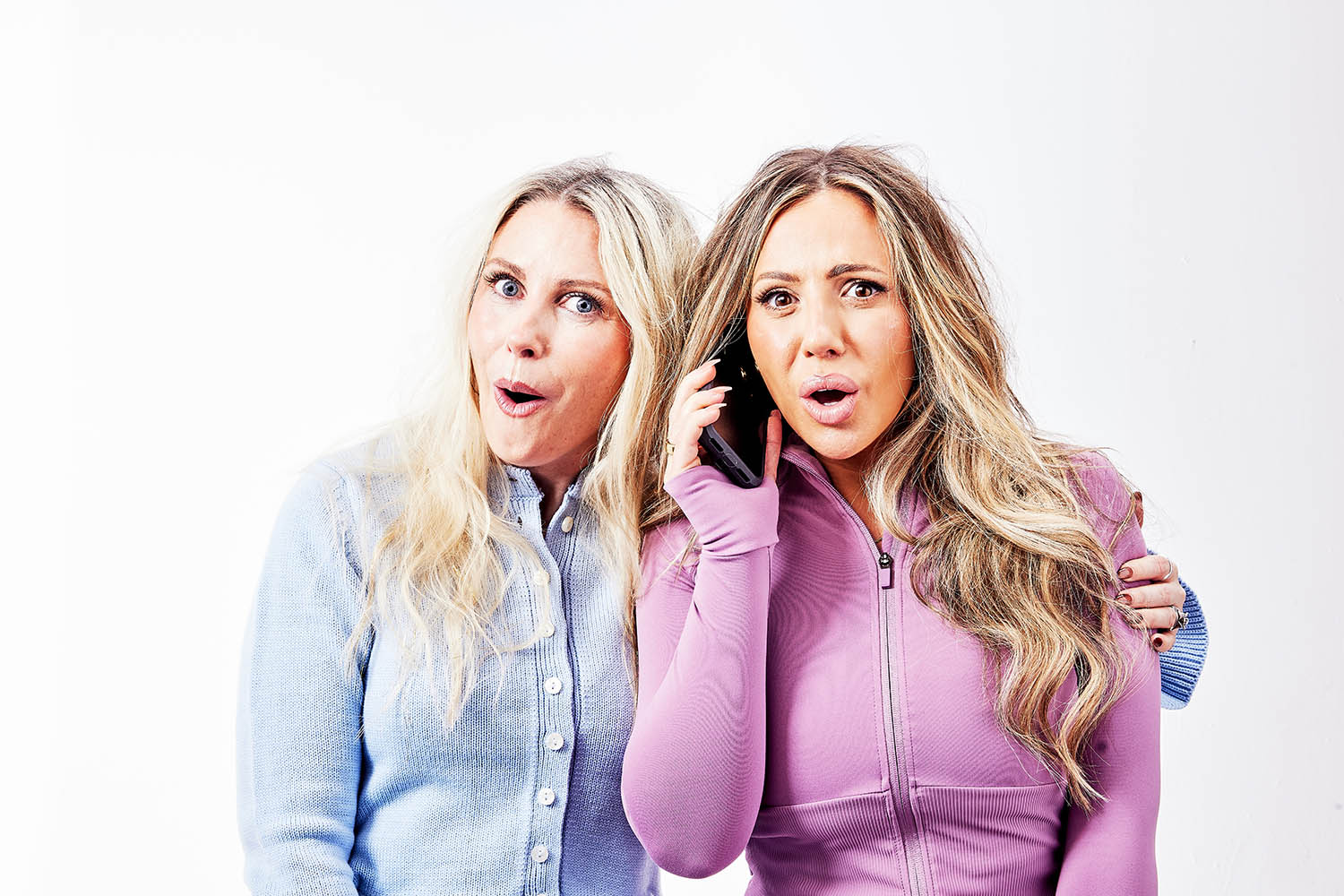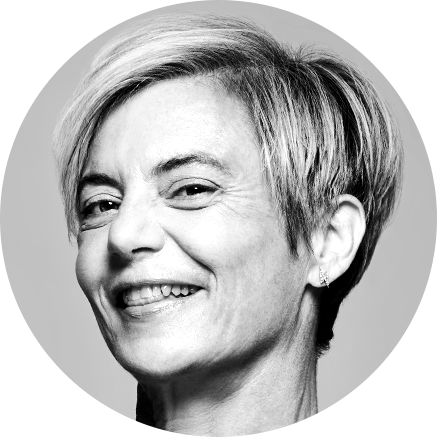It was back-to-school week and the airways were full of the day-to-day difficulties of bringing up children: childcare, schoolwork, schedules, money. Of course you love your kids; still, the overwhelm is real. When I had my first child I felt as though parenthood was like Fight Club: meaning, nobody talks truthfully about it until they’re part of the club (and getting regularly beaten up).
But here is the CBeebies Parenting Helpline to help bruised and battered parents everywhere. Presenters Holly Hagan-Blyth, from Geordie Shore, and Radio 1’s Charlie Hedges are jolly and sweet, with young children of their own and the empathy that comes from that. The anxiety felt by new parents can be staggering. A mum called to say she was finding it difficult to leave her daughter with her own husband, the child’s perfectly competent dad. “Oh, my daughter’s two and a half,” said Hagan-Blyth, “and I have sleepless nights worrying about what if, what could be, if I leave her.”
Each episode has an expert in the studio; topics covered so far include toddler tantrums, sleep training, sex after birth and speech development. A listener phones in with their question and is part of the conversation afterwards. The experts are calm and reassuring. I liked the gentleness of men’s mental health expert Raoul Lindsay when he talked about dads’ responsibilities. “I dunno if we’re socialised into thinking that one parent should do more of the caring and nurturing,” he said, “but you can share all of the things.”
An earlier episode discussed childcare. Nicola from Wigan was the caller. “All’s it is,” said Nicola, “was I was wondering how parents deal with the cost of nursery fees?” Nicola is in part-time work and her young child is in nursery but isn’t yet eligible for what, from this month, is now 30 hours of free childcare in England during term time. So Nicola has to find an extra £750 a month for nursery fees. (As an aside, it’s more in London, plus if you have more than one kid you’re looking at £1,500 a month.) Lynn Beattie, AKA Mrs Mummypenny, talked Nicola through budgeting around food, subscriptions, bills – “things you can cut back on while you’ve got those high costs”. Whether that will add up to £750 a month seems unlikely.
Still, once Nicola’s kid is the right age, she’ll get those lovely free childcare hours, right? Wellllll… On Woman’s Hour on Monday, presenter Nuala McGovern talked to the early years minister, Stephen Morgan, about this very topic. He did the usual politician thing of giving reassuring statistics, which felt unsatisfying. More enlightening were the listeners’ comments; one saying that the increase to 30 free hours was only reducing their childcare bill by £250 a month – from £900 to £750 for four days a week – as the nursery has had to raise fees “across the board” because the government doesn’t provide enough money to cover these supposed “free” hours.
Newsletters
Choose the newsletters you want to receive
View more
For information about how The Observer protects your data, read our Privacy Policy
On the same day, over on LBC, the always excellent Shelagh Fogarty was discussing another aspect of parenting: pupil behaviour and school refusal. Some of the listener calls were quite heartbreaking. One mum of adopted children pointed out that many adopted kids had endured really hard early childhoods and found the noise and confrontation of school completely crushing.
Another caller, who worked with special educational needs (SEN) children, noted that, despite all the teachers’ and teaching assistants’ efforts, there still isn’t enough support for SEN kids who wish to stay in mainstream education. Oh, it’s all too sad and infuriating.
For a jollier take, here’s a new show, I’m Not Judging, But..., in which Bristol-based TV chef Briony May Williams, plus friends Charlie Fuge and Vix Willshire, give their take on parenting. The first episode was a bit too giggly and topic-hoppy at times, but all three are natural and warm. The discussion of social media and children was genuine, as were the WhatsApp group insights and just how obsessed young girls are with skincare. All three women have girls aged between eight and 13, and they find themselves remembering what they were doing at their daughters’ age. “If only the ice-cream man sold single cigs still,” said Williams, faux wistfully, before catching herself. “Doesn’t that terrify you to your very soul?”
Radio 4 had a feeling of revving on the spot last week, giving us a few repeats – Life Chances: Acton High, Limelight: Who Killed Aldrich Kemp?, Walt Disney: A Life in Films – before it launches into its fresh autumn season. Still, there are some new shows, such as the second series of Ian Hislop’s Oldest Jokes and of Glenn Moore’s Almanac, and a new series in the Rethink strand, which last week tackled extremism in The Meaning of Terrorism.
Ben Ansell’s academic presenting style seemed a little too cool at first, but I soon found myself drawn in. We learned why some pro-Palestine protesters are being arrested and not others. If an organisation is designated as terrorist (such as happened to Palestine Action on 5 July this year), then if you display a flag supporting that organisation, you can be arrested. If you have one that just supports the cause, then you can’t. The UK’s definition of terrorism is specific. It’s defined as an action that involves serious violence against people or property, designed to influence the government or intimidate a particular section of the public. Interestingly, there is no international standard definition of terrorism. The US definition is based on dealing with “foreign” organisations, which meant that the 6 January storming of the Capitol in 2021 couldn’t be defined as terrorism, even though, by UK standards, it certainly was. As Ansell himself said: “Ultimately, terrorism is a political term”, and this programme carefully parsed how and why.
Photograph by CBeebies

